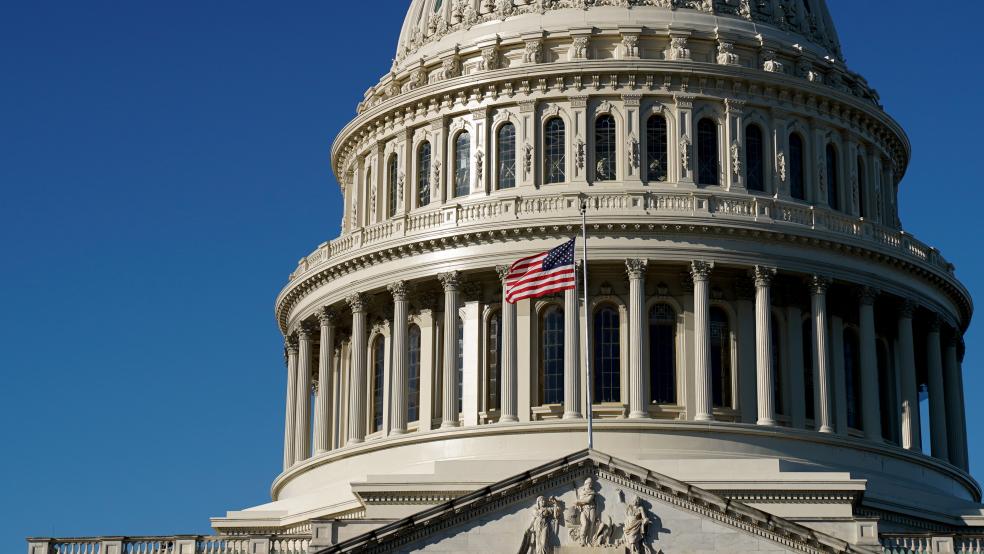Banned for more than a decade, earmarks have returned to the halls of Congress, and lawmakers are wasting no time lining up their requests.
In recent weeks, more than 300 lawmakers have requested nearly $21 billion for “member-designated projects,” the new term of art for earmarks, The Washington Post’s Tony Room and Alyssa Fowers report. Every House Democrat but one has made a request in at least one of two spending areas, for a combined total of $14 billion, and about half of Republicans have done so as well, for a collective total of $7 billion.
A Republican from Louisiana, Rep. Garret Graves, has made the largest single request, seeking $955 million for transportation-related projects in his district, which includes Baton Rouge. Democrat Kim Schrier of Washington has made the second largest request, seeking $892 million for highways and bridges in her district east of Seattle.
Both requests were made for possible inclusion in the highway funding bill, a five-year law that passed in 2015 and was extended for one year, expiring at the end of September. Total requests for the transportation bill have come to nearly $15 billion.
Funding requests are also being made for community projects overseen by the House Appropriations Committee, which has received potential earmarks worth $6 billion. According to Axios, the Dallas-Fort Worth area has produced the largest request, with most of the funding to be spent on improvements at the Dallas-Fort Worth Airport.
Trying to clean up their act: Following scandals involving improper lobbying and the infamous “bridge to nowhere,” earmarks developed a reputation for corruption and were banned in 2010. But lawmakers have vowed to keep careful control over the renewed practice, which could make it easier for Congress to pass bills on time.
“It will make it much less likely we have government shutdowns,” Rep. Matthew Cartwright (D-PA) told the Post. “If you have members [who] have a stake in the spending package, they’re much less likely to pull a sophomore prank.”
Ethics experts who reviewed the earmark requests told the Post that they saw nothing obviously problematic.
Still, not everyone is happy to see earmarks make a comeback. Citizens Against Government Waste, a fiscally conservative watchdog group, is identifying requests that it claims are wasteful, including one for $300,000 to build a dog park in the district of Rep. Linda T. Sánchez (D-CA).
Sánchez defended her request, telling the Post that the dog park would “significantly benefit a community growing in population and already suffering from a lack of green space.” Adding a more general point, Sánchez said, “Local individuals who pay federal taxes should have a say in where their money is being spent.”




